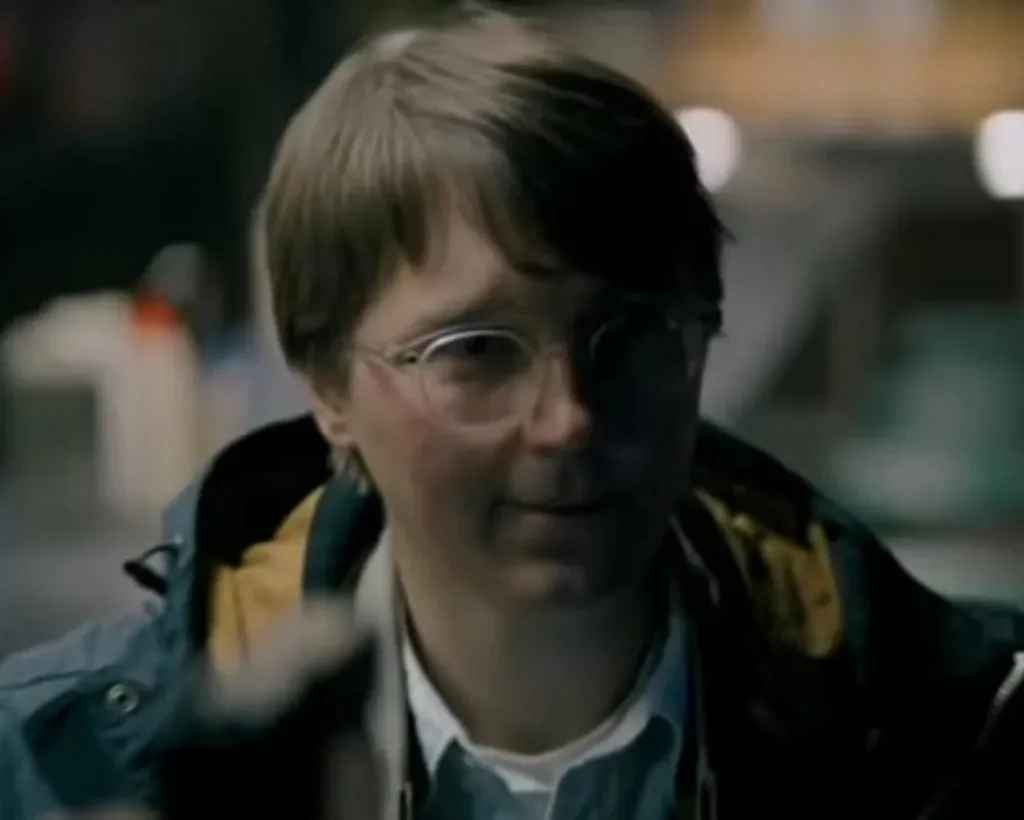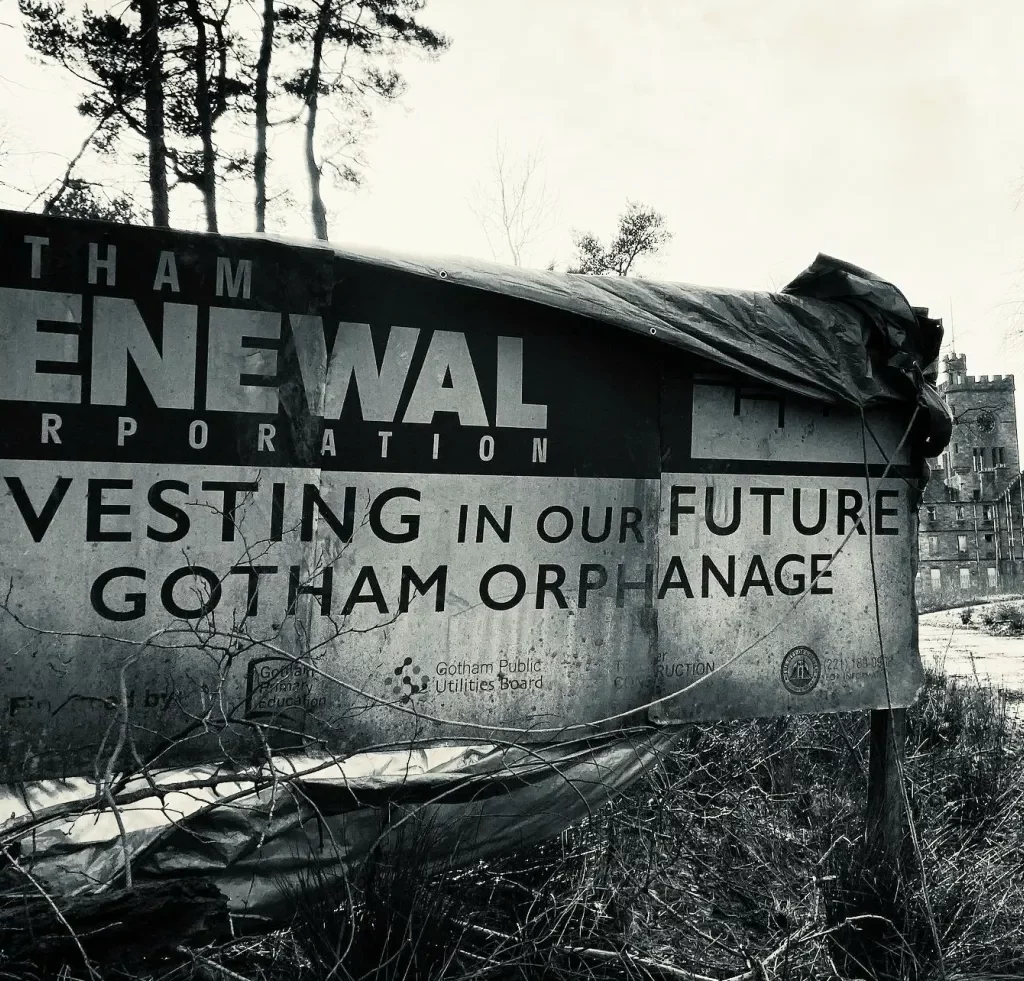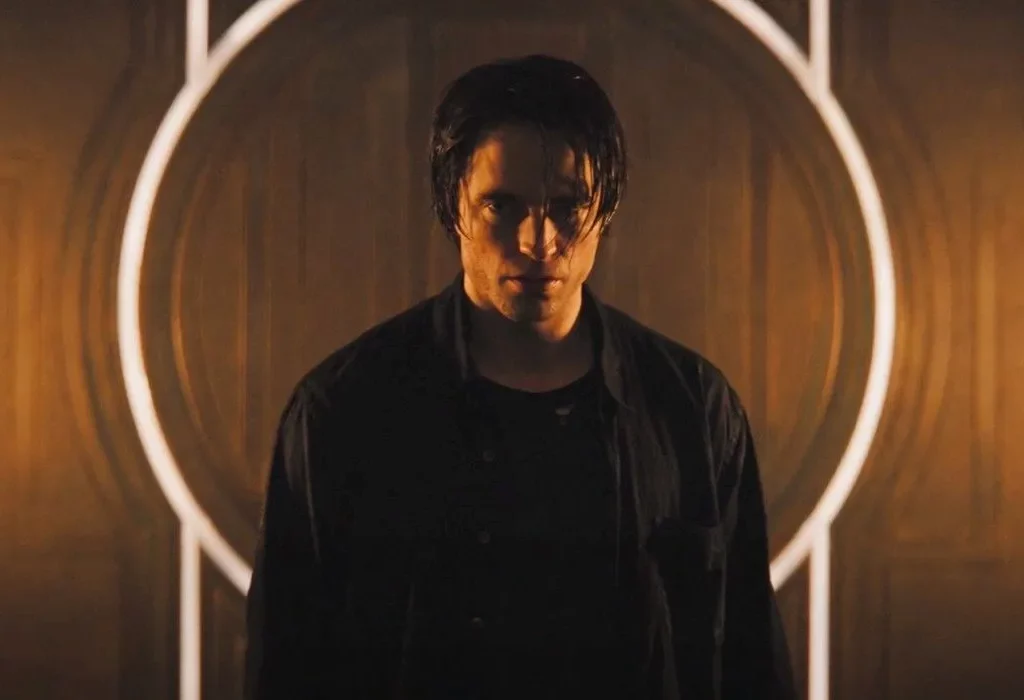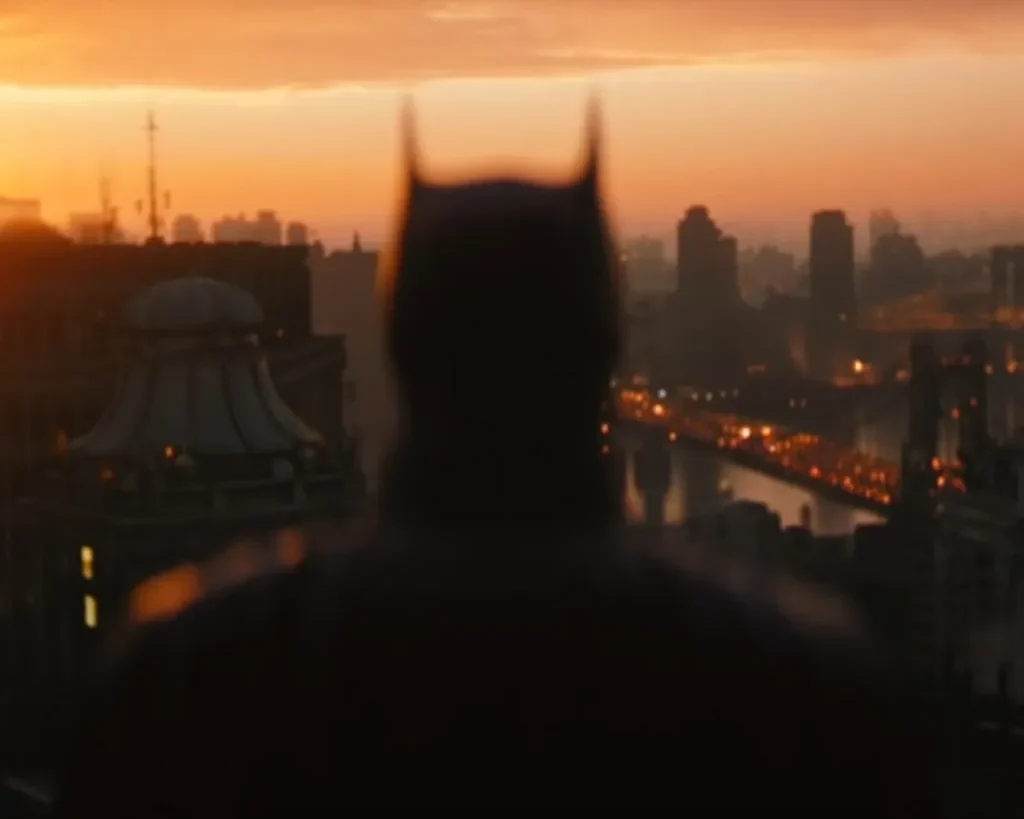Matt Reeves’ take on Batman boasts an incredibly rich artistic vision.
Robert Pattinson’s portrayal of Bruce Wayne in The Batman (2022) has been regarded as one of the best interpretations of Batman in the 21st century. While Pattinson’s performance is incredible in the film, much of the praise for this iteration of Brue Wayne should be accredited to the artistic direction of the film.
Director Matt Reeves, the mind behind films like 10 Cloverfield Lane (2016) and War for the Planet of the Apes (2017), created an atmospheric, bleak yet esthetic Gotham City. He also successfully implemented biblical imagery into his film, something that DCEU directors in the past have attempted with little success.
What makes the biblical imagery in The Batman so effective is that it’s used to give depth to Batman, the Riddler, and their motivations. The references aren’t over the top, either; they’re recognizable enough to ring that little bell in the back of our minds, but don’t distract from the action on screen.
Ave Maria
The song “Ave Maria” appears several times throughout the film. The song, one of the most prolific church hymns to ever exist, was written by Franz Schubert in 1825. It’s one of the most familiar songs played at funerals.
In The Batman, the song “Ave Maria” is closely tied to the relationship between Edward and Bruce. It also becomes a symbol for Edward’s embitterment and corruption. Its significance comes from the day Thomas Wayne announced the creation of the Renewal Fund, a project meant to lift Gotham City from the depths of poverty and crime it had fallen into. Edward, a child living in a decrepit orphanage in Gotham, was part of the choir that sang “Ave Maria” to celebrate Wayne’s announcement.
Despite the creation of the Renewal Fund, life at the orphanage never got any better. The funds were shaved off and pocketed by corrupt government officials, leaving crumbs for those who actually needed them. Edward took this robbery to heart and used “Ave Maria” to express his anger.
The song plays at the start of the movie as the Riddler looks into the mayor’s apartment from an adjacent rooftop. The use of the song sets an immediate eerie tone and, in a cryptic sense, explains Edward’s motivations for the murder.
Another notable appearance of the song comes when Edward sings it for Bruce during his interrogation at Arkham State Hospital. In this instance, the song is almost a funeral hymn for the city of Gotham.

The Riddler’s theme from the film’s soundtrack is a haunting, dissonant spin on Ave Maria’s melody. This ties “Ave Maria” to the Riddler’s character and makes it a core part of Edward’s villainy.
“The Sins of the Father”
When Bruce visits the orphanage that Edward grew up in, he stumbles upon a series of clues regarding the Riddler’s next target. One clue is the projector playing news footage of Thomas Wayne’s announcement of the Renewal Fund. Another is the phrase “The Sins of the Father” spray painted on the wall. The full saying, as Bruce completes it, is “the sins of the father shall be visited upon the son.” It means that children are often made to suffer the consequences of their parents’ decisions.
The saying is derived from the Old Testament’s harsh view of justice. In particular, Exodus 20:5 reads “for I, the Lord your God, am a jealous God, punishing the children for the sin of the parents to the third and fourth generation of those who hate me.”

Edward adheres to this biblical sense of justice when he plans to assassinate Bruce Wayne as punishment for his father’s hand in Gotham’s corruption. His use of this phrase shows the Riddler’s God complex at play, despite him telling Batman he’s “a nobody.”
Bruce’s Ivory Tower
The Batman doesn’t shy away from representing Bruce’s privilege as a wealthy young adult in a city riddled with poverty. While he seeks to be a hero in Gotham, Bruce’s upbringing has inevitably made him aloof to some of the city’s hardships. Both Selina and Edward call him out for this, though Selina is speaking to the Batman while Edward says it about Bruce Wayne.
The Riddler despises Bruce Wayne for all of his privilege. He denounces Bruce’s identity as an orphan on account of how Bruce still grew up surrounded by wealth and completely isolated from the poverty experienced by the majority of orphans in Gotham. He grew up figuratively (and literally) in an ivory tower.
The metaphor of an ivory tower finds its origins in Song of Solomon 7:4, “Your neck is like an ivory tower. Your eyes are the pools of Heshbon by the gate of Bath Rabbim. Your nose is like the tower of Lebanon looking toward Damascus.”
The phrase was originally meant to highlight a woman’s purity but gradually shifted to describe a sense of privileged isolation.

Bruce’s upbringing in his ivory tower does actually inhibit his ability to save Gotham. Because of his upper-class lifestyle, Bruce failed to recognize that the Riddler’s murder weapon was a carpet tucker. If he had known, he likely would’ve torn up Edward’s apartment carpet and discovered the Riddler’s plan of attack much sooner.
The Flood
In the Book of Genesis, God sent the Flood to cleanse the Earth. The Riddler sent a flood to Gotham in the hopes of doing the same.
Sending a flood to Gotham was the Riddler’s master plan; it was his way of purging Gotham of all its corruption. He planned to observe his man-made apocalypse from the high ground of Arkham State Asylum, which is why he let the police apprehend him so easily. Edward, like God, would watch the flood happen from above. He wanted Batman to be there with him as the world was cleansed beneath them, as though he had chosen Batman to be his Noah.
Bruce, of course, rejected the Riddler’s invitation and rushed to the heart of the crisis. He arrived in Gotham Square Garden to end the Riddler’s plot before it reached its grand finale.
When Bruce dropped down from the rafters of the arena and into the water, he decided to cleanse himself. He freed himself from the vengeance he so desperately sought for his parents and chose instead to become a light for those in darkness (shown through his use of the flare to guide the trapped Gothamites to safety).

Ironically, the Riddler’s flood cleansed the one person he already thought was perfect. However, that fact helps point to how corrupted and poisoned the Riddler’s mind is; Batman’s purity is seen as a flaw in the Riddler’s eyes because of how skewed Edward’s perspective has become through years of resentment and hatred.
Conclusion
A movie about Batman is likely one of the films you’d least expect to see this amount of biblical parallels, but I would argue that Reeves’ artistry is partially what makes this film as incredible as it is. It takes the subject matter seriously without depriving the film of a soul, and in the business of comic book movie adaptations, that’s a hard line to balance on. Reeves, however, does so masterfully.
This piece originally appeared on the Lizzy x Lucha Substack. You can view the original post here.
The Batman is streaming now on on Netflix. Read Insights’ review here.
Lizzy Flanagan












